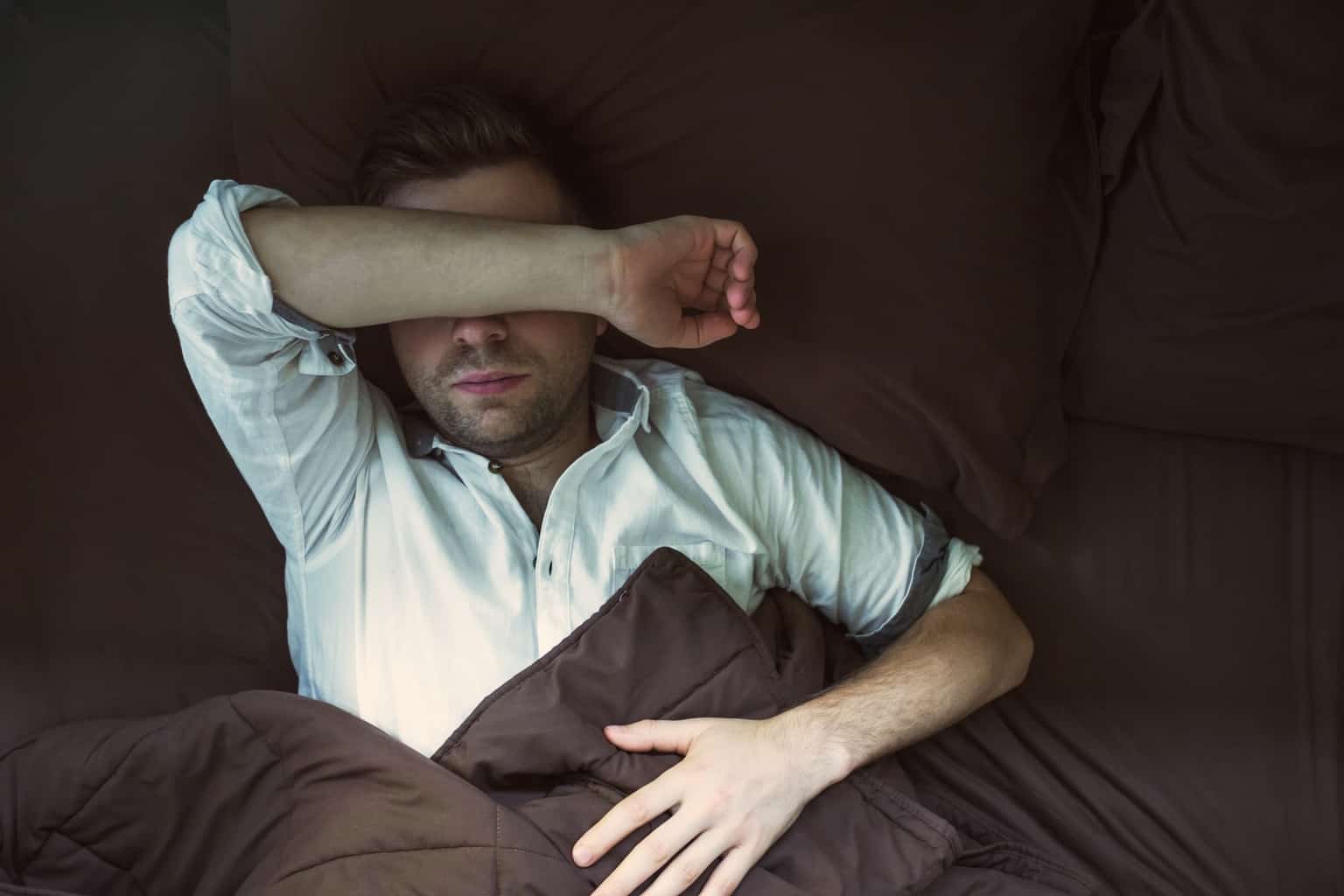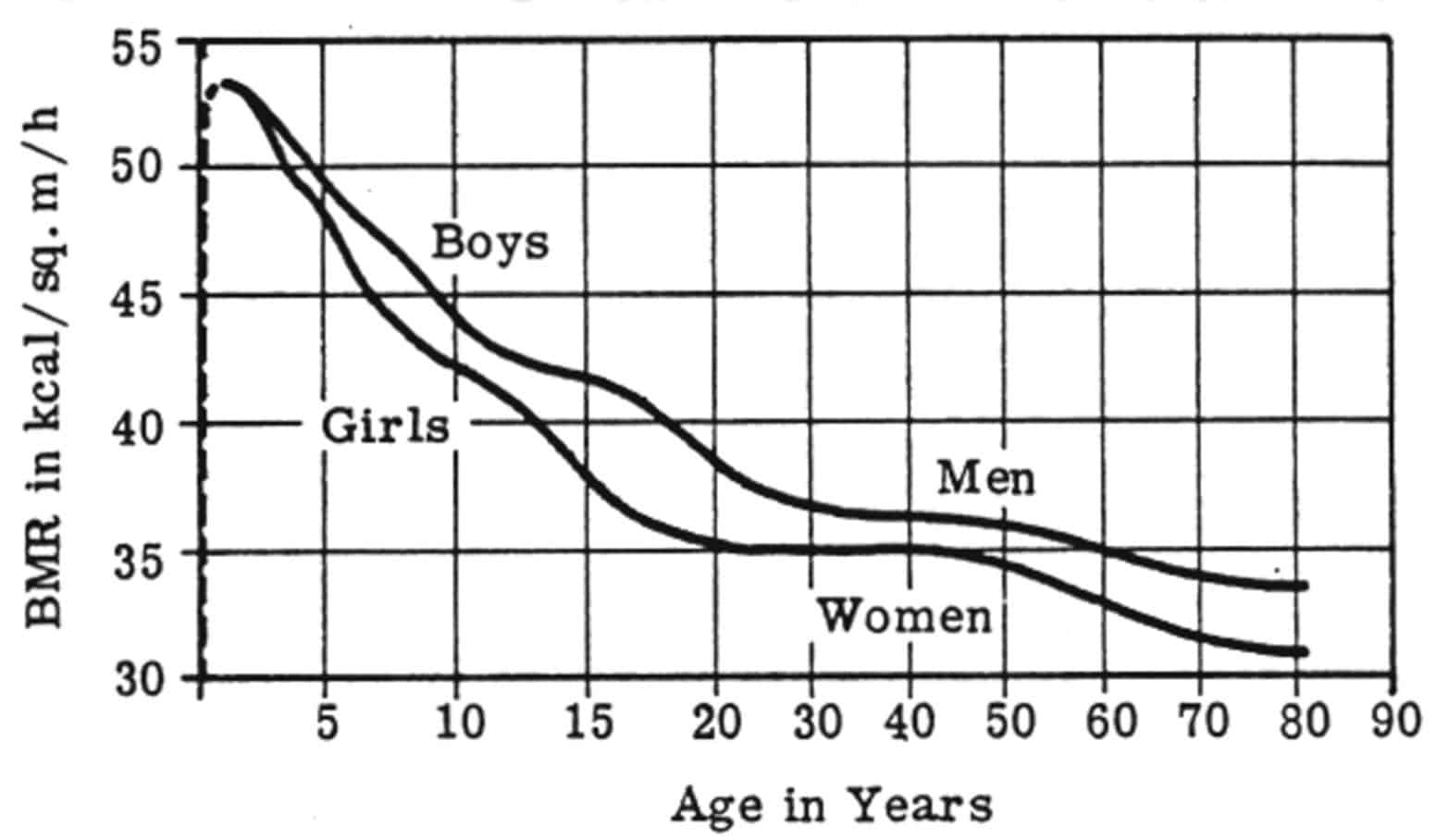
[cmamad id=”16493″ align=”center” tabid=”display-desktop” mobid=”display-desktop” stg=””]
Can this simple sleeping fix end headaches, migraines, and even depression?
—–Important Message—–
Men with belly fat: Here’s how I got rid of estrogen-producing belly fat…
My lab test came back with high estrogen. Estrogen is bad for men – very bad.
Just lowering estrogen can restore good erections. No testosterone needed, just lower estrogen.
But fat cells produce LOADS of estrogen.
So losing fat is THE way to reduce estrogen, and therefore I decided to lose a bit of fat…
I wanted to LOWER estrogen and RAISE testosterone.
The way most guys lose fat LOWERS their testosterone and INCREASES their estrogen (fat cells dump estrogen into the bloodstream while the men are losing weight).
So losing fat the WRONG way causes metabolic harm that makes it more difficult to keep the pounds off…and will RUIN a man’s sexual performance.
Fortunately, I learned how to lose fat while INCREASING my testosterone…
Here is a new video I made that shows you what I did to lose fat…and it also helps everything about your sexual function and performance.

Here’s how my Fat Depletion Protocol lets you lose fat and also slashes your estrogen…
—————-
Should it be absolutely dark when you sleep?
Sleep problems are so common these days.
Many people can’t sleep and they also can’t focus.
Could a very simple biohack solve these problems?

This study, published in The Journal of Biological and Medical Rhythm Research, looked at the effect of natural light on sleep, mood, and hormones.
The scientists divided a group of 20 people into two groups of 10.
One group was allocated window spaces in the workplace. The other group had no access to natural daylight during work hours.
The participants were fitted with a device called an actigraph. This device measured their light exposure.
As expected, the group that sat beside windows had significantly more exposure to light as measured by the sensor.
[cmamad id=”16494″ align=”center” tabid=”display-desktop” mobid=”display-desktop” stg=””]
After seven days, the participants completed questionnaires to measure psychiatric disorders, sleep quality, and depression.
The researchers also took saliva samples from the participants to measure melatonin and cortisol levels.
Melatonin makes people sleepy. It should dip in the morning and rise at night.
Melatonin and cortisol were measured at 8 AM, 4 PM, and 10 PM.
The researchers took three samples because both of these hormones ebb and flow throughout the day – and there is a distinct pattern in healthy people.
The levels of melatonin were different at two out of the three time-points that were measured.
The melatonin cycle was natural and healthy in people who sat close to a window.
“The window group had a lower melatonin level at 08:00 am but a higher level at 10:00 pm…”
Strong morning light should lower melatonin – leaving us awake and focused.
When melatonin is turned down by light early in the day it tends to return stronger at night – making us sleep more soundly.
Lower night-time melatonin levels in the group without a window was associated with depression and poor sleep.
“Lower melatonin levels at 10:00 pm were correlated with depressive symptoms and poor quality of sleep…”
Cortisol is regulated by both light and sleep.
People without access to a window had significantly higher cortisol levels at night.
Higher cortisol levels at night were associated with negative changes in mood and psychological state.
“Higher cortisol levels were positively correlated with minor psychiatric disorders and depressive symptoms at 10:00 pm.”
People without access to natural light were more depressed.
The study concludes that natural light and light pollution from artificial sources have different effects on hormones, sleep, and mood.
“A lack of exposure to natural light is related to high levels of cortisol and lower levels of melatonin at night, and these are related to depressive symptoms and poor quality of sleep.”
Light is made up of different wavelengths – these wavelengths have different effects on us.
Natural light has many wavelengths incorporated in its wide spectrum.
In the past, we used artificial light from incandescent bulbs.
This light is similar in its wavelength spectrum to natural light…
In particular, old-style incandescent light bulbs are similar to the light we get from the evening sun.
As light bulbs have become more efficient, many of the wavelengths have been stripped out.
Modern compact fluorescent light bulbs have many gaps in their wavelength spectrum.
These compact fluorescent light bulbs do a good job at helping us to see – but their biological effects are very different from natural light or incandescent bulbs.
Modern light bulbs can mess up hormones, mood, and sleep.
LED bulbs are similar to compact fluorescent bulbs. LEDs produce one single wavelength.
A manufacturer might then place three different colored LEDs onto a bulb. So LEDs may have even more wavelength (color) gaps.
Fluorescent bulbs tend to have too much blue. And their flicker rate can be a problem.
Blue and red light tend to be stimulating. Both are found abundantly in natural light, particularly in the morning.
Getting some exposure to some sunlight outdoors as early in the day as possible is a good idea.
Especially if you can’t get to a window.
There are also blue or white light boxes that can be used in the morning to suppress melatonin – protecting our daily hormonal cycle.
These light boxes can help with sleep and mood.
However, you need to be careful with these light boxes as high ratios of blue to red could be damaging to your eyes.
You should see a doctor about sleep problems.
—–Important Message—–
I did this – and I’m no longer tired all the time…
Every day, I get letters from other health-seekers like you…
They’re TIRED.
Not just sleepy-tired. Not just played-five-sets-of-tennis tired.
Bone tired. Dog tired. Tired all the time.
And do you know what I tell them?
“You’re tired because your metabolism has slowed down.”
This chart shows how your metabolism slows down as men get older: It shows how metabolism (BMR or basal metabolic rate) falls as we age.

This is why men over 50 are feeling so tired. And they start forgetting things and spiral down into “old age.”
But there’s a solution. It’s simple. It’s delicious. And it’s guaranteed.
This simple metabolic morning shake not only gets you off to a rip-roaring start – it provides enough energy to keep you humming for an entire day.
And unlike “crash and burn” energy drinks, it’s perfectly safe.
————

- Lack of exposure to natural light in the workspace is associated with physiological, sleep and depressive symptoms
http://www.tandfonline.com/doi/full/10.3109/07420528.2014.982757
- Lack of exposure to natural light in the workspace is associated with physiological, sleep and depressive symptoms.
https://www.ncbi.nlm.nih.gov/pubmed/25424517 - Shining Light on What Natural Light Does For Your Body - Sustainability
https://sustainability.ncsu.edu/blog/changeyourstate/benefits-of-natural-light/

Leave a Reply